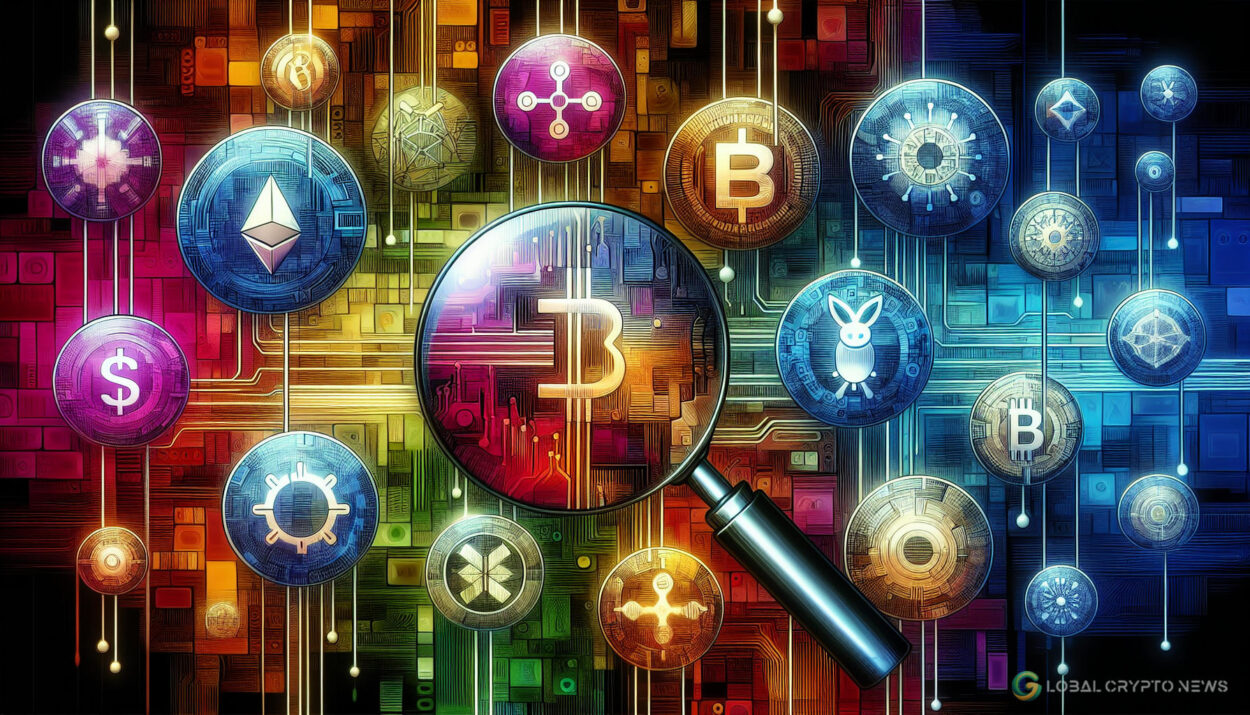South Korea’s Financial Services Commission (FSC) has announced changes in its approach to nonfungible tokens (NFTs), now looking to classify some of them as virtual assets. NFTs are primarily unique assets that cannot be replicated, traits that differentiate them from cryptocurrencies. According to a June 10 report by South Korea’s FSC, NFTs that are divisible, mass-produced, or used as a means of payment will fall under the new classification framework.
Businesses that issue NFTs categorized as virtual assets must now report to the South Korean watchdog. This directive precedes the nation’s first crypto regulatory framework, set to be implemented on July 19.
Jeon Yo-seop, head of the FSC’s Financial Innovation Planning, highlighted that NFT collections minted in large quantities are likely to be used as payment. For instance, if one million NFTs were issued in a collection, they could be traded and used as payment similarly to cryptocurrencies. He emphasized that there wouldn’t be a single standard for classifying NFTs as virtual assets; instead, the FSC will evaluate each case individually.
Additionally, if an NFT possesses characteristics of financial security as outlined in the country’s Capital Markets Act, it may be classified as a security.
With the implementation of the new guidelines, some NFTs may even be eligible to receive interest when deposited in an exchange.
This follows a notice from the FSC issued late last year, which mandates that virtual assets deposited on crypto exchanges are eligible for interest generation. However, regular NFTs and Central Bank Digital Currencies (CBDCs) are excluded from this benefit.
The new framework is part of South Korea’s crypto legislation, known as the Virtual Asset User Protection Act. Set to come into force a week later, it aims to criminalize malpractices such as using undisclosed information for crypto investments, manipulating market prices, and engaging in fraudulent transactions. The bill was passed in 2023 by the nation’s National Assembly, giving cryptocurrency-focused entities a one-year grace period to comply with the regulations.
To further secure the crypto space, South Korean regulators have launched a specialized crypto crimes unit. The Joint Virtual Asset Crime Investigation Unit comprises 30 experts from seven national agencies.
For more updates on cryptocurrency regulations and market trends, visit Global Crypto News.






















